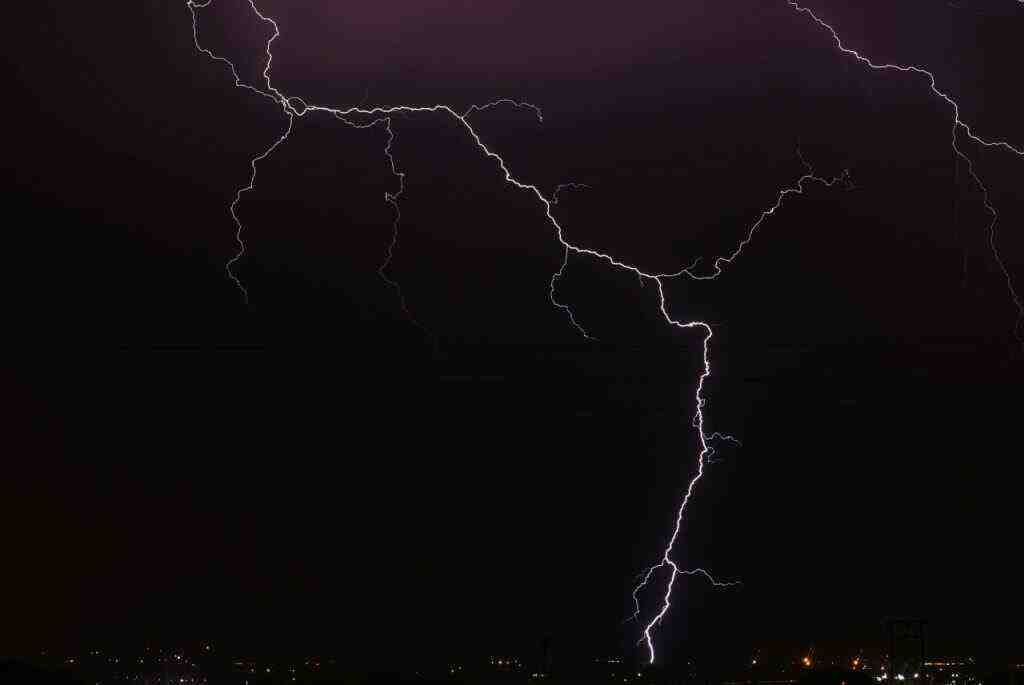Outrage in Iraq: Government Condemns US Air Strikes on Iran-Backed Groups
A Stark Violation of Sovereignty
On March 8, 2024, Iraq’s government vehemently condemned the United States’ military strikes against sites occupied by Iranian-backed groups within Iraq. The strikes sparked outrage in Iraq, with Prime Minister Sudani’s spokesperson, Major General Yehia Rasool, denouncing them as a blatant violation of Iraqi sovereignty.
Escalating Tensions: A Series of Attacks and Retaliations
The US strikes were a response to escalating attacks targeting US and international forces in Iraq and Syria. The strikes specifically targeted three facilities associated with Kataib Hezbollah, a powerful Iraqi Shia militia with strong ties to Iran, as well as other Iran-affiliated groups.
The strikes resulted in the death of one fighter from the Popular Mobilisation Forces (PMF), a paramilitary organization dominated by Iran-backed Shia Muslim militias. Several other fighters were also injured in the strikes, which targeted their bases in al-Qaim, a town on the Syrian border in western Anbar province, and in Jurf al-Nasr, in the central province of Babil.
US Justification: Protecting Personnel and Assets
US Secretary of Defense Lloyd Austin defended the strikes, asserting that they were a direct response to the escalating attacks against US forces. He emphasized that the actions were proportionate and intended to protect US personnel and facilities in the region.
Iraqi Condemnation: A Call for International Support
The Iraqi government’s response to the US strikes was swift and emphatic. Prime Minister Sudani’s spokesperson, Major General Yehia Rasool, issued a statement condemning the strikes as “contributing to a reckless escalation” and undermining years of cooperation between the two countries. He further urged the international community to assist in restoring peace and stability to the region.
Regional Context: The Gaza Conflict and Beyond
Major General Rasool drew attention to the broader regional context, highlighting the ongoing conflict between Israel and the Palestinian group Hamas in Gaza. He emphasized that the US strikes occurred at a time when the region was already grappling with the danger of expanding conflict, and that the aggression against Gaza should be addressed rather than escalating tensions through military actions.
Calls for Restraint and Diplomatic Solutions
Iraqi national security adviser Qassem al-Aaraji took to social media to express his concerns about the US strikes, emphasizing that they would not contribute to calming the situation. He urged the US to focus on pressuring Israel to halt its offensive in Gaza instead of targeting Iraqi national entities.
A History of Tensions: Kataib Hezbollah and US Designations
The targeted group, Kataib Hezbollah, has been designated as a terrorist organization by the US since 2009. The group is accused of attacking US and Iraqi forces in Iraq on behalf of Iran and of destabilizing the country. This designation reflects the long-standing tensions between the US and Iran, which have been exacerbated by Iran’s support for various armed groups in the Middle East.
Ongoing Attacks and Regional Fallout
The strikes came amidst a series of attacks by Iran-aligned fighters against US troops in Iraq and Syria, following the outbreak of the conflict in Gaza. In response to these attacks, the US and UK have also conducted strikes against Yemen’s Iran-backed Houthi movement, which has been accused of carrying out missile and drone attacks on international shipping in the Red Sea and Gulf of Aden.
Iran, in turn, has carried out a series of missile strikes over the last week, targeting locations in Syria, Iraq, and Pakistan, claiming that these strikes were aimed at the Islamic State group, Israel, and a Baloch separatist group, respectively.
Conclusion: A Complex and Volatile Regional Landscape
The US strikes on Iran-backed groups in Iraq have further strained relations between the two countries and added to the already tense regional dynamics. The situation highlights the complex interplay of regional conflicts, proxy wars, and the involvement of various armed groups supported by external actors. The ongoing tensions underscore the urgent need for diplomatic solutions and de-escalation efforts to prevent further escalation and instability in the region.
